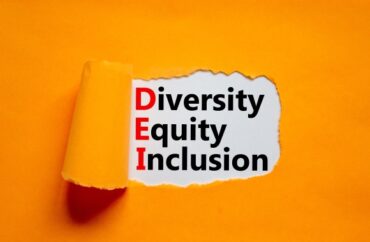
Diversity, equity, and inclusion programs fall short of their goals and can even be counterproductive, according to a recent New York Times op-ed.
Paul Brest, professor emeritus at Stanford Law School, and Emily Levine, associate professor at Stanford, argued that while aiming to ensure that “all students are valued” is an important goal, DEI programs are “too ideological.”
These programs “exacerbate the very problems they intend to solve and are incompatible with higher education’s longstanding mission of cultivating critical thinking,” they wrote.
Best and Levine argue DEI programs place too much emphasis on identity, citing an example at Stanford:
D.E.I. programs often assign participants to identity categories based on rigid distinctions. In a D.E.I. training program at Stanford a few years ago, Jewish staff members were assigned to a “whiteness accountability” group, and some later complained that they were shot down when they tried to raise concerns about antisemitism. The former D.E.I. director at a Bay Area community college described D.E.I. as based on the premises “that the world is divided into two groups of people: the oppressors and the oppressed.” She was also told by colleagues and campus leaders that “Jews are ‘white oppressors,’” and her task was to “decenter whiteness.”
Rather than correcting stereotypes, diversity training too often reinforces them and breeds resentment, impeding students’ social development. An excessive focus on identity can be just as harmful as the pretense that identity doesn’t matter. Overall, these programs may undermine the very groups they seek to aid by instilling a victim mind-set and by pitting students against one another.
The authors advocate for a “pluralistic” alternative to DEI that encourages open dialogue and critical inquiry without prescribing specific ideological viewpoints.
“At the core of pluralistic approaches are facilitated conversations among participants with diverse identities, religious beliefs and political ideologies, but without a predetermined list of favored identities or a preconceived framework of power, privilege and oppression,” they wrote.
Finally, they argue “success” in academia means teaching students “how to think rather than what to think.”
MORE: Service statements emerge as possible alternative to DEI statements
IMAGE: Dmitry_Demidovich/Shutterstock
Like The College Fix on Facebook / Follow us on Twitter




Add to the Discussion